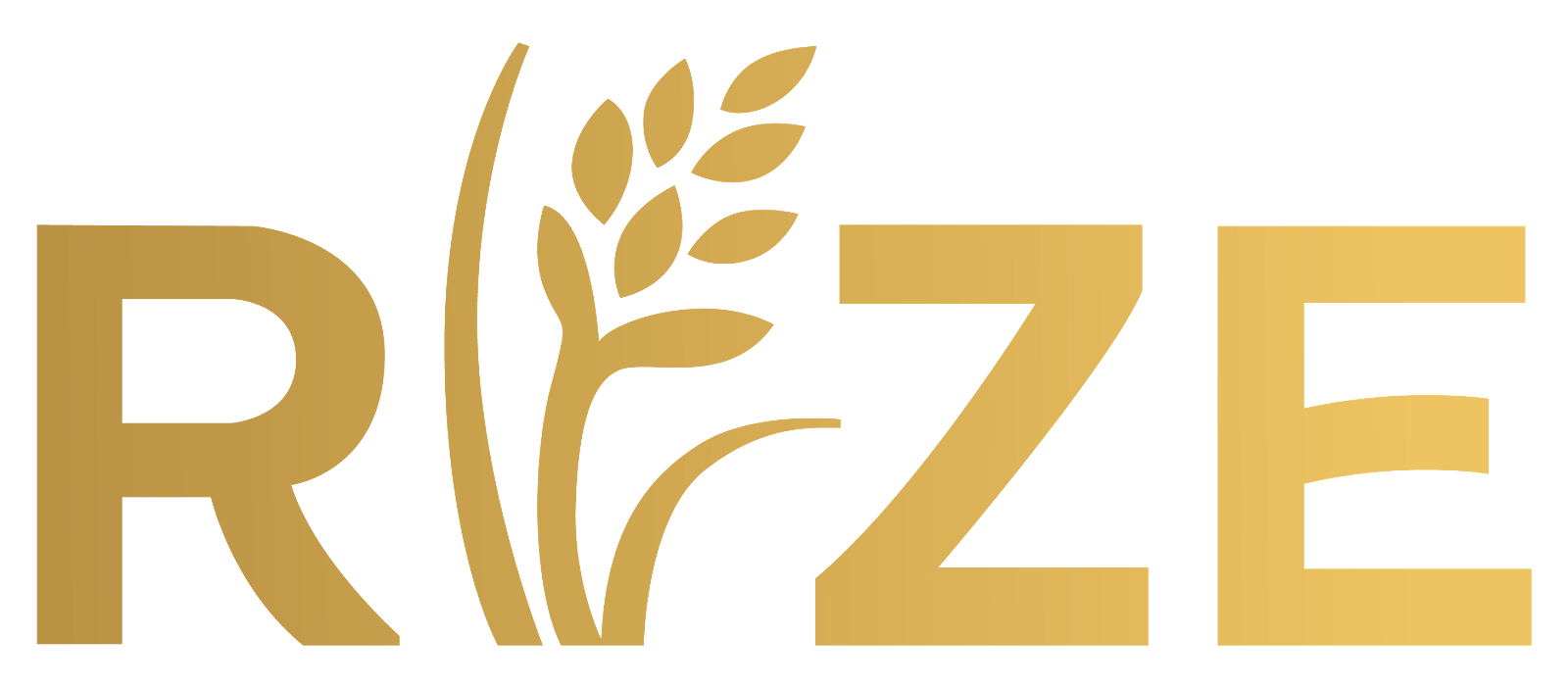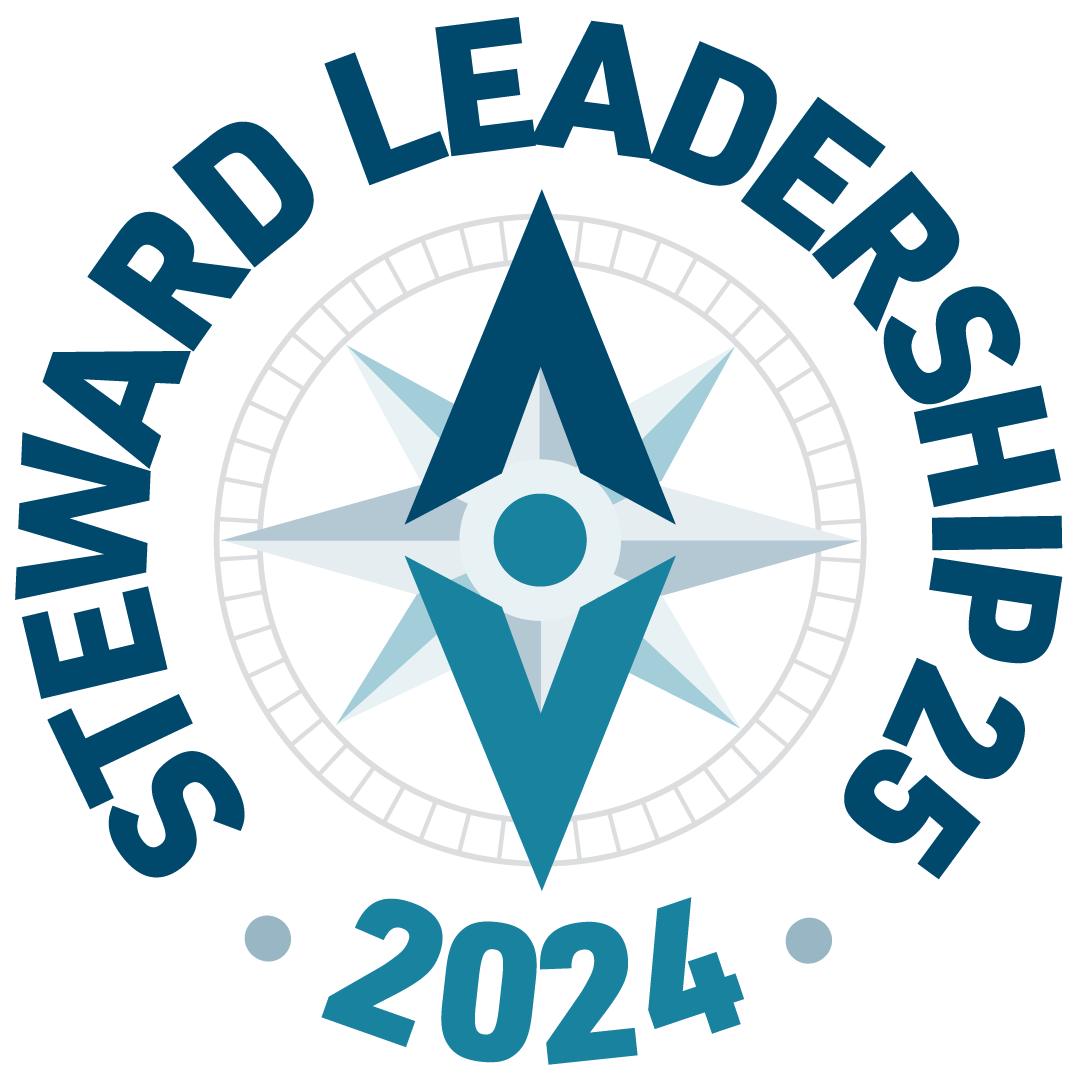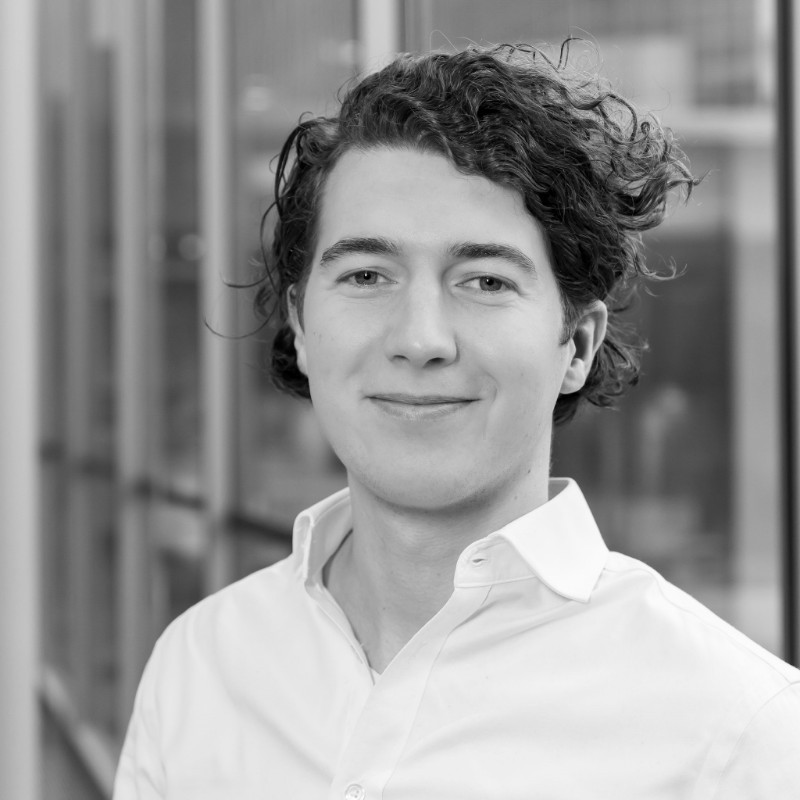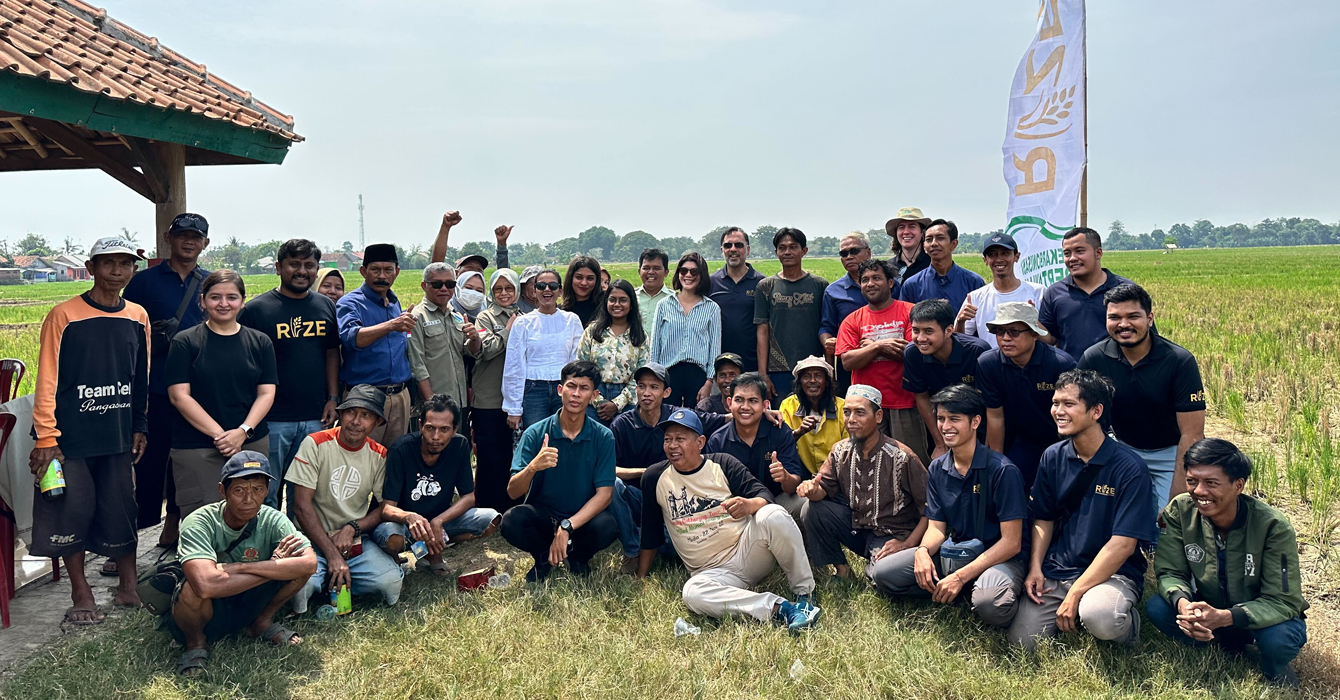Rize unlocks an eco-friendly and more profitable rice value chain by advancing sustainable techniques and economic incentives.
Environmental challenge
Rice is a staple food for over half the world’s population, yet its cultivation significantly contributes to global greenhouse gas emissions and freshwater usage. Accounting for 12% of global methane emissions and 30% of freshwater resources, rice farming poses serious environmental challenges. At the same time, around 1 billion people rely on rice farming for their livelihoods. Rize addresses these challenges by introducing sustainable farming practices that decarbonise rice cultivation while improving farmer incomes.
Purpose and strategy
Rize’s mission is to transform rice into a sustainable food source with a drastically reduced carbon footprint. The organisation’s dual focus is on improving farmer livelihoods and reducing greenhouse gas emissions through innovative agricultural practices. Rize’s first go-to-market solution is the low-complexity Alternate Wetting and Drying (AWD) technique, which optimises water usage and reduces methane emissions, providing farmers with a more resilient and sustainable cultivation system.
Rize is committed to building trust within the agricultural value chain and training agronomists to tailor solutions to farmers’ needs. The organisation integrates sustainable practices such as nutrient management, irrigation efficiency and financing solutions, all supported by a tech-enabled platform that drives the adoption of sustainable techniques.
.jpg?sfvrsn=8dced3ed_2)
Impact and innovation
Rize’s AWD project demonstrates that innovation can be both sustainable and profitable.
The initiative has already transformed 2,500 hectares of rice paddies in Indonesia and Vietnam, with plans to expand to 7,500 hectares by the 2024 planting season.
Thanks to improved yields and more efficient water usage, farmers in the programme have seen an 8-10% reduction in input costs and up to a 30% increase in profit margins per season. The environmental benefits are equally impressive. AWD has reduced water consumption by up to 20%, enhanced soil quality and cut methane emissions by up to 50%. By scaling these sustainable practices across Southeast Asia, Rize is not only closing the yield gap but also strengthening food security in the region.
Future outlook
Rize is focused on expanding its technology platform to service up to 100,000 hectares over the next two years, with a clear goal of reducing 0.5 gigatonnes of carbon emissions by 2040. Key partnerships, including collaborations with Temasek Lifesciences Laboratory, International Rice Research Institute (IRRI), IPB University and other research institutions in Indonesia and Vietnam, will play a critical role in developing other forms of sustainable practices, like climate-resilient rice varieties and further optimising irrigation techniques.
Through ongoing trials and field expansions, Rize aims to accelerate the adoption of sustainable farming practices that improve both environmental outcomes and farmer livelihoods. By building on its current success, Rize is poised to lead the way in decarbonising the global rice industry while ensuring economic sustainability for farmers.

Rize PTE. LTD. is an agribusiness focused on transforming rice farming into a sustainable, low-emission sector. By working closely with farmers and leveraging innovative practices, Rize is driving positive environmental and economic outcomes across Southeast Asia, contributing to global climate goals and improving food security.















